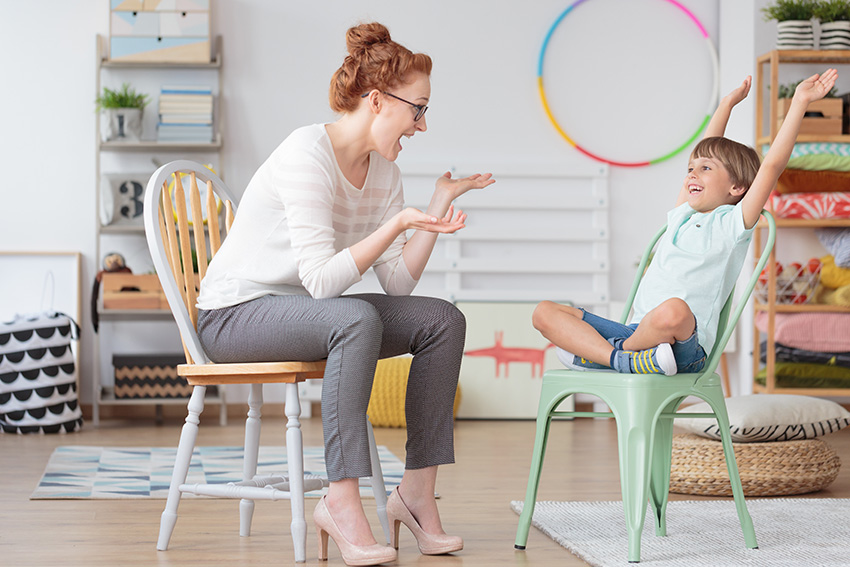Physicians recommend physical therapy for children for several reasons. It might be an unattended injury that needs extra care to heal or a congenital ailment that might require effort to reach progress points.
Whatever the reason, you have to approach this with a calm mind. Here are a few tips on how to prepare your child for physical therapy:
The First Appointment

Physical therapy for children can be a little intimidating for parents at the beginning. It is completely okay to feel that way. The session will start with the therapist having a conversation with you.
Following that, the therapist will start observing your child’s movements, such as playing, sitting, standing, running, and so on. This is an integral part of the session, but it also helps ease the child’s mind as they find comfort in their immediate surroundings.
Next up, the physicist will give you an idea of what to expect from physical therapy for your child by doing a study via assessments on children who fall within the same age group.
Once the therapist has interacted with both you and your child, they will make an analysis and present you with a treatment plan for your child. Typically, every six months, there is an evaluation session that demonstrates your child’s growth and progress. It is important to have this conversation with your physical therapist and be on the same page about the goals being set for the child and how to help reach them.
As this is your first appointment, you will spend the entire session with the child, but gradually, that might not be the scenario. It is observed that children make more progress in physical therapy if their parents aren’t present in the room. You can figure out the specifications of this with your therapist. If you do not want to leave your child alone, you don’t have to.
Most importantly, do not panic. There is a preconceived notion that physical therapy for children is a tense affair. If you are anxious, you will make your child anxious too. The therapist is here to support your child and help them reach the growth milestones they deserve, support the therapist and your child. Be a part of their journey and participate in making a positive impact but try not to deter the growth by being too authoritative. You got this. Believe in yourself.
Be Inquisitive: Ask Questions
During the first session of your visit to a physical therapist, you need to list questions that you want to ask them. Knowledge is power, and as a parent, you should have a clear idea of what you and your child are getting into. You might also want to discuss the treatment plan with the therapist in detail once the therapist has observed your child and recommended a treatment plan that best suits your child.
Also, discuss how the treatment will happen over the next few months. Get down to the details, and ask the therapist to give you a clear picture of what physical therapy for children really is and how it stands to benefit your child in the long run. Try not to be overwhelmed by all the information. Take notes.
Be Prepared to Answer Questions
The therapist will ask you questions, and you need to be as detailed with the answers as possible. Do not hoard information, be as transparent as possible. This is primary to your child’s well-being, and you need to be able to deliver.
Here is a list of questions that your therapist might ask you:
- When did your child start showing symptoms?
- How long did it take them to get diagnosed?
- What are certain physical activities that your child enjoys participating in?
- Who are the primary caregivers to the child?
- Does your child have a strong support system? Who are the other people in his life?
- What are your expectations from your child?
- What are you doing to help your child feel better?
- What do you do when your child isn’t doing that well?
- Have there been any behavioral changes in your child since the diagnosis?
Remember, the physical therapist is here to help you with your child’s speedy recovery. Try to be as amicable as possible and help them develop an appropriate treatment plan.
Discuss with your physical therapist on daily care and home exercises. Get to know more about the methods and treatment techniques they will be using. Do not hold back. We know how terrifying it can be to get physical therapy for your children, but with the right therapist and your support, your child will recover and thrive before a blink of an eye.
You have to be patient with them. Do not pressure your child, and create a safe and healthy environment for them at home. Try to understand the pain they are going through and help them the best you can. There’s nothing to worry about. Your first appointment with a therapist will be an enlightening experience for you and your child.
For more information and how our therapists can help, contact us today.





